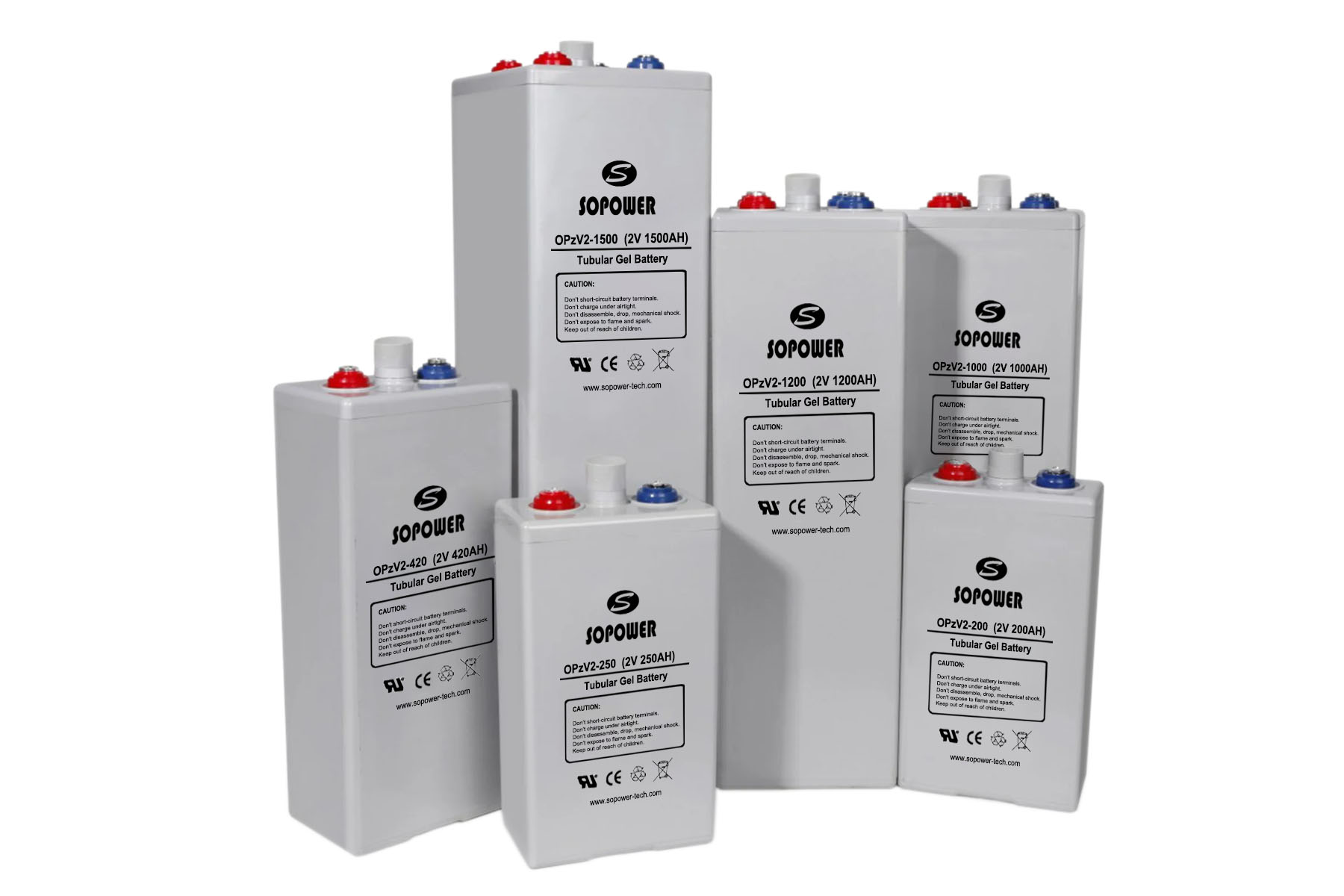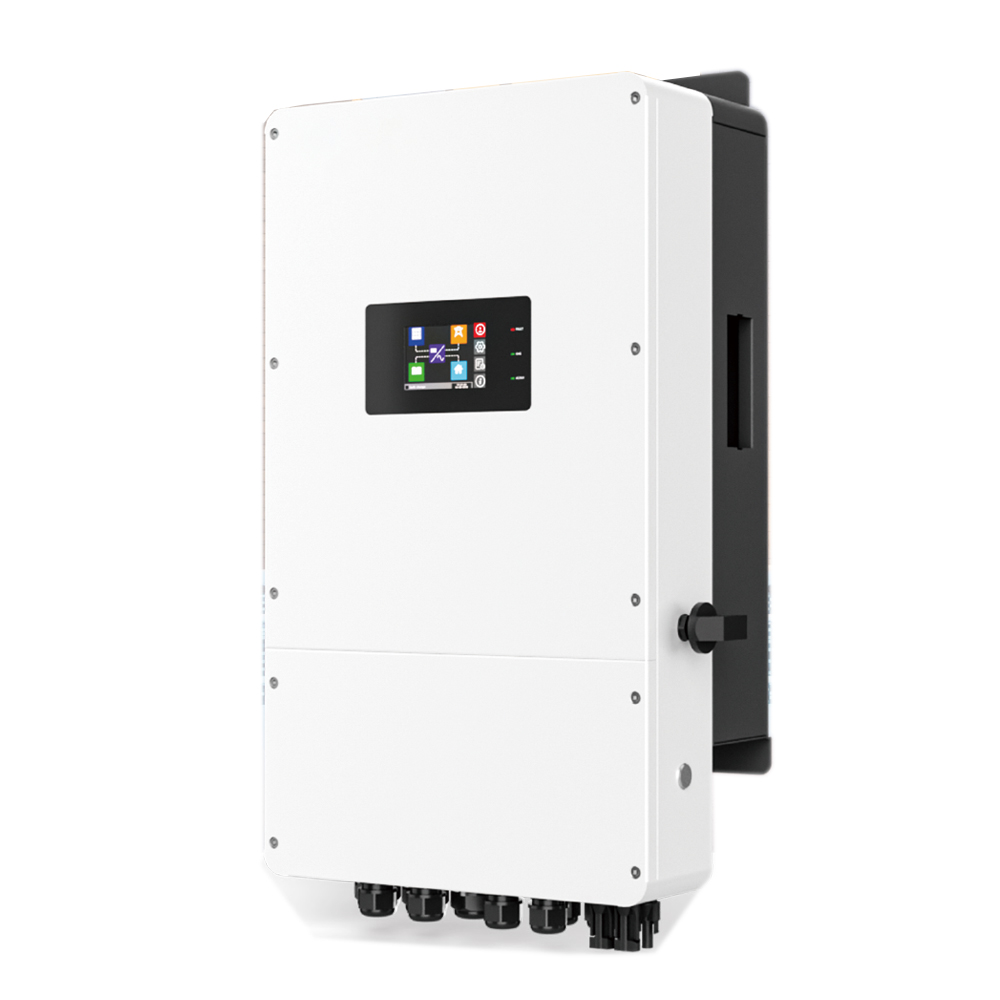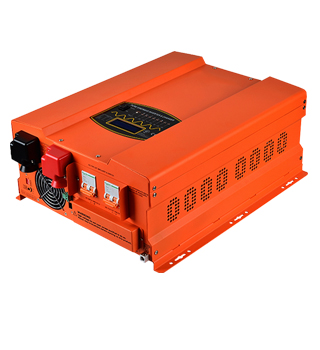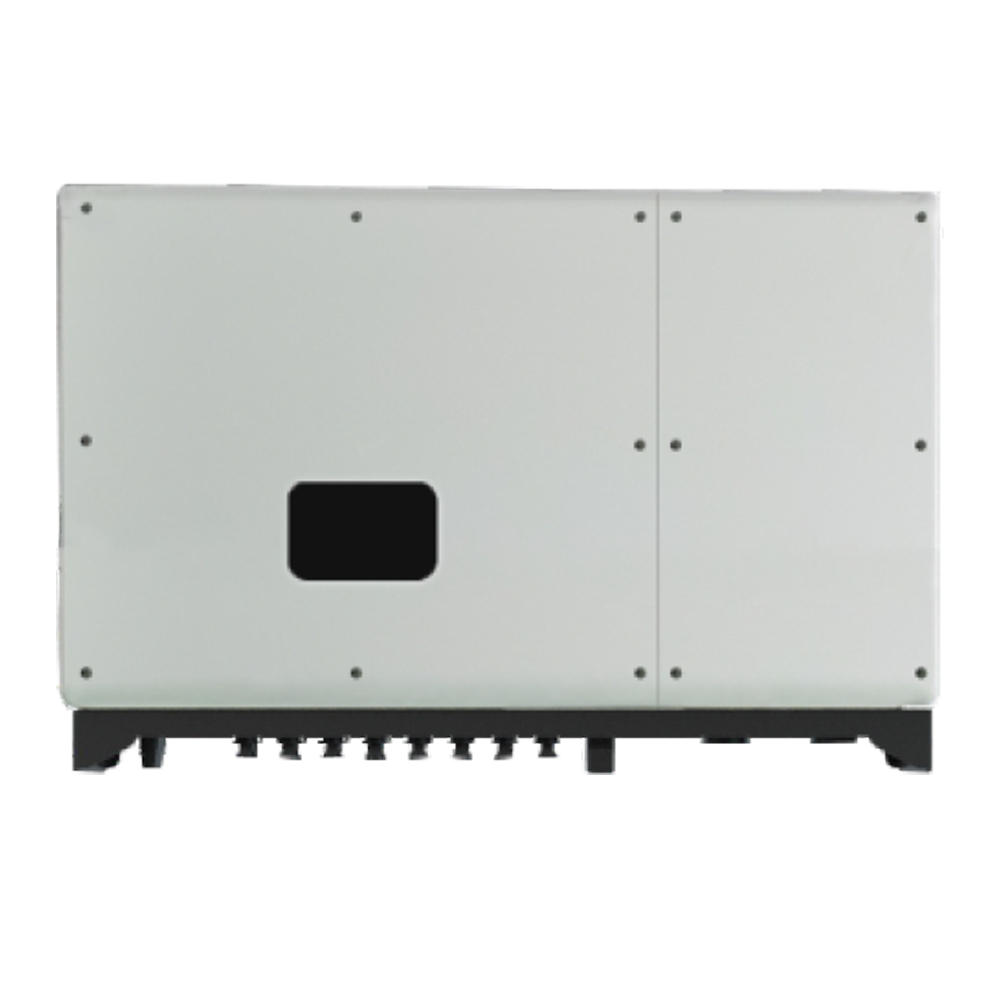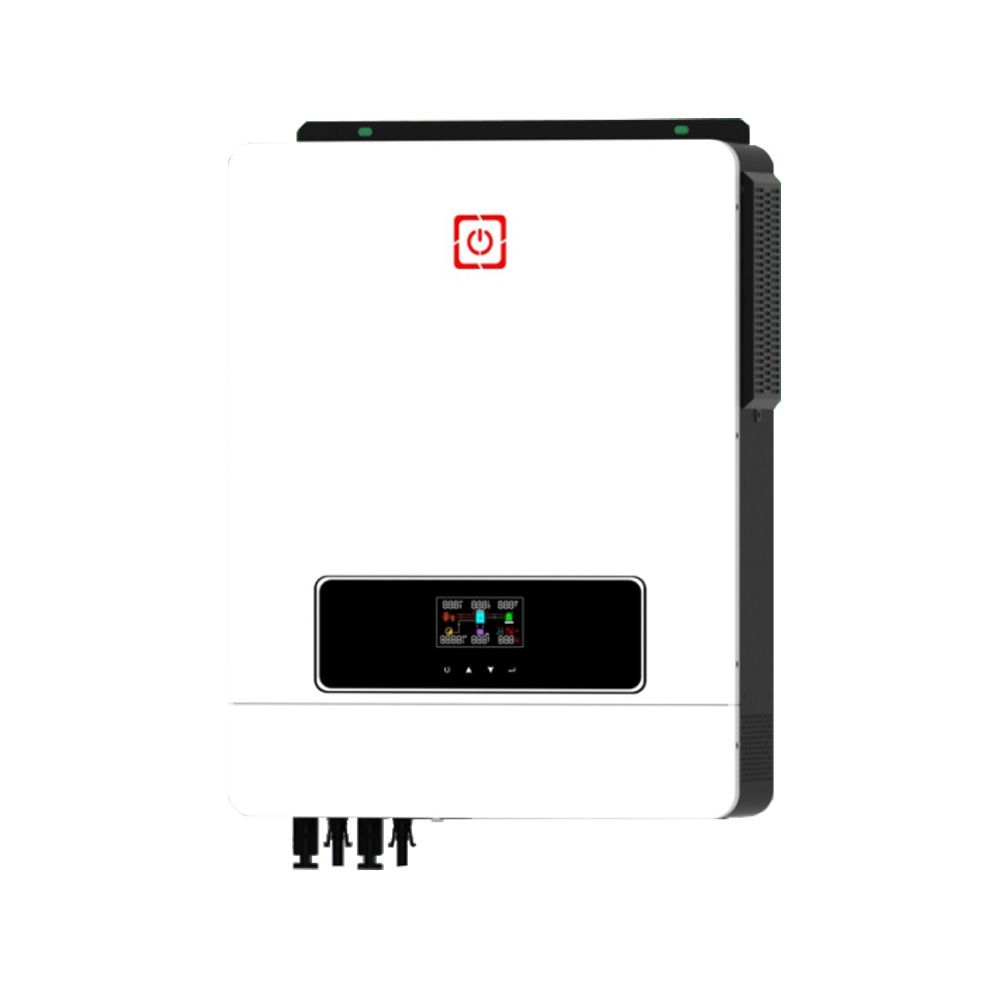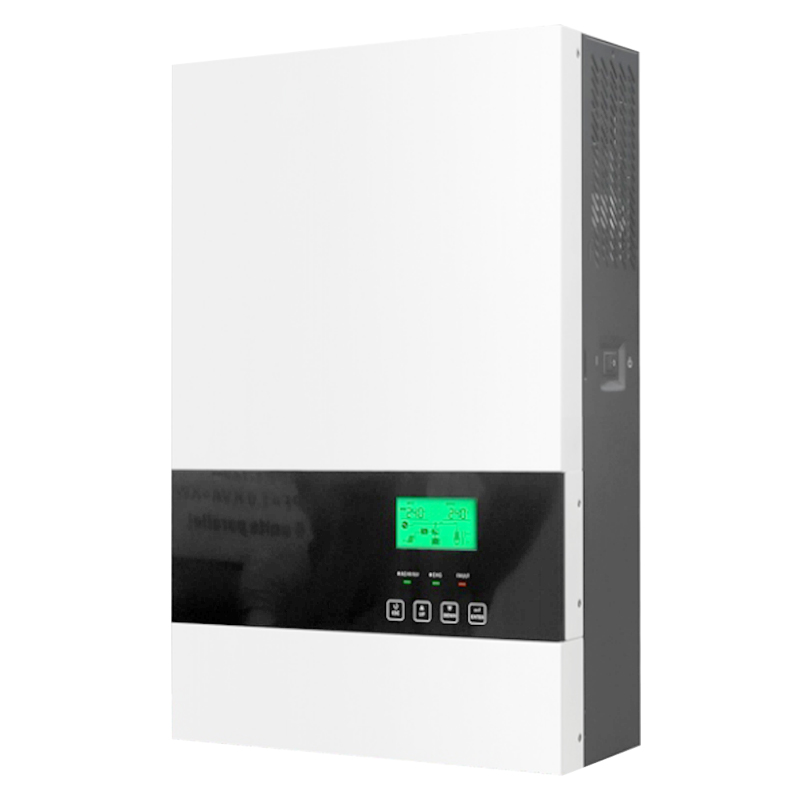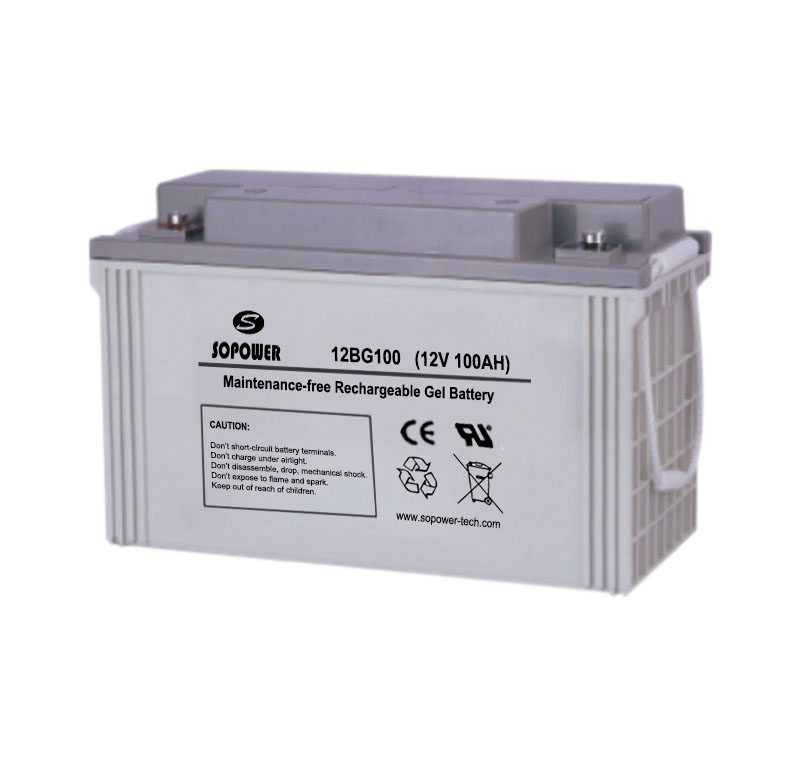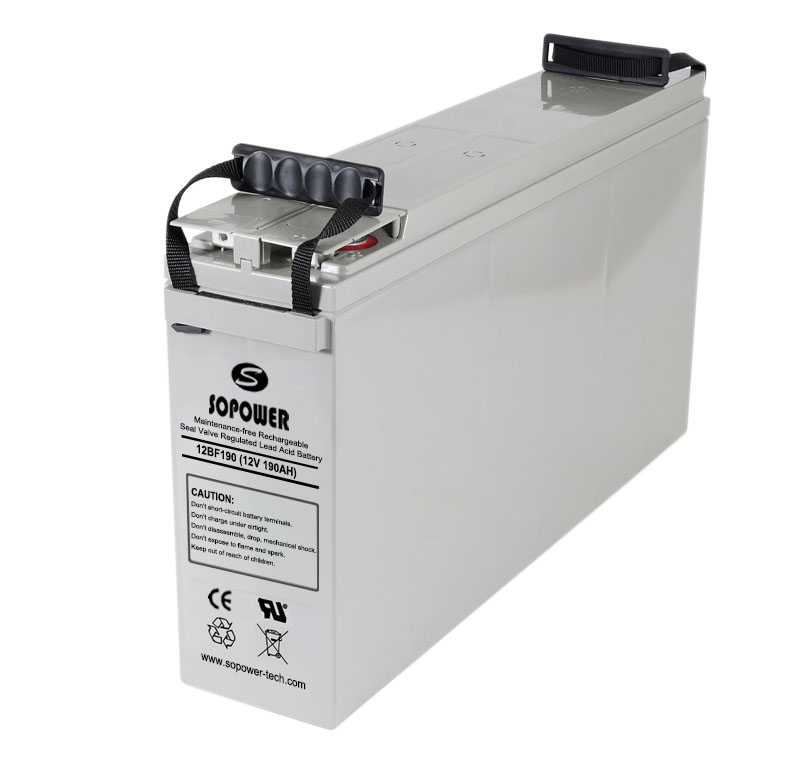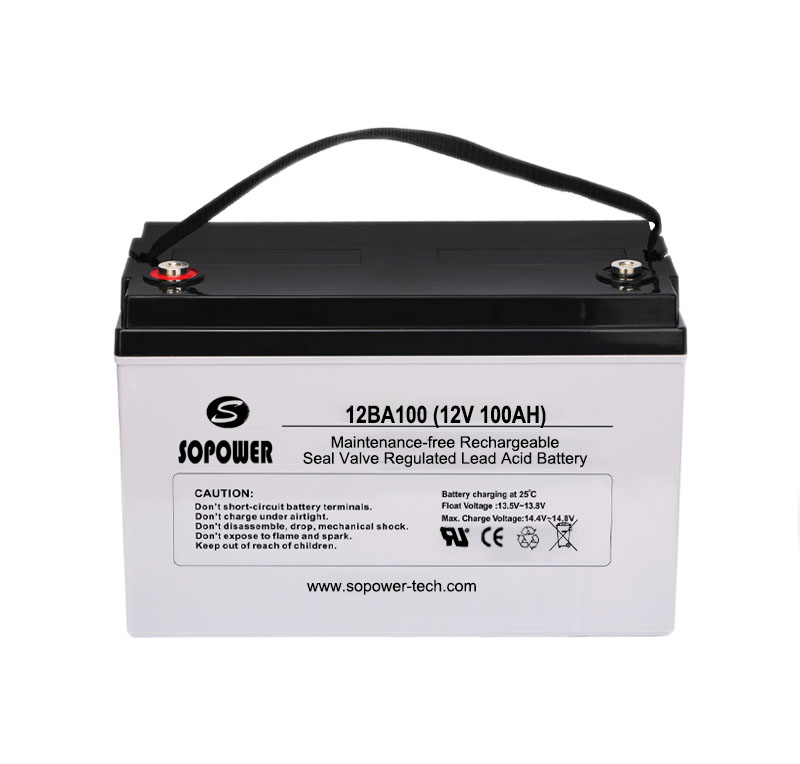Source: PV-Tech Date: November 16, 2020
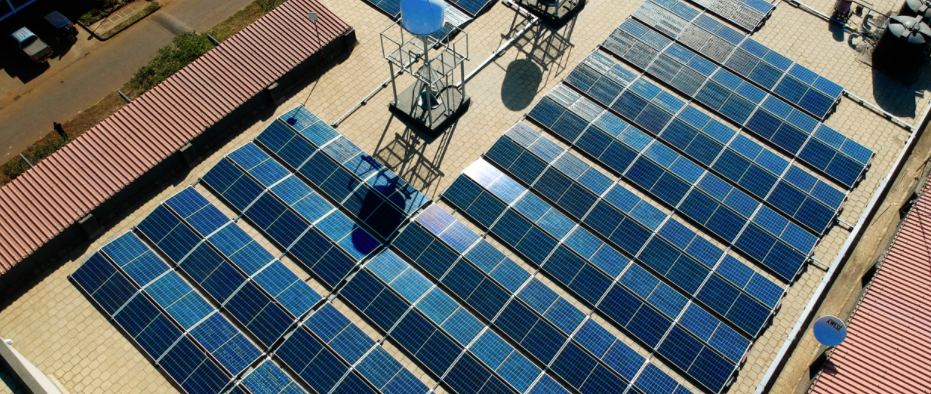
Solarpower Europe has called on member states to put solar and battery storage front and center when it comes to drawing up the Recovery and Resilience plans needed to secure a slice of the bloc’s proposed €672.5 billion post-Covid stimulus package.
Trade body Solarpower Europe has spelled out how photovoltaics and battery storage should be central to the €672.5 billion Recovery and Resilience Facility which is at the heart of the EU's €750 billion, post-Covid ‘Next Generation EU‘ strategy.
With negotiations under way between the EU Council of Ministers and the budget and economic and monetary affairs committees of the European Parliament, the solar industry group has published papers on how to spend Recovery and Resilience cash on PV and battery storage capacity.
EU member states will secure backing from the €672.5 billion program in line with Recovery and Resilience plans they will have to draw up for the purpose. Solarpower Europe says the strategy should use the funds to back large scale solar and storage; PV rooftops; electrification of non-energy sectors; smart grids; solar manufacturing; and skills training.
Alongside the perennial call to cut permitting red tape, the trade body wants more renewables tenders – including hybrid procurement rounds combining generation and storage; public money to back corporate power purchase agreements; and for national investment banks to de-risk renewables project finance by offering guarantees.
Solar mandate
Solarpower Europe wants PV mandated on all appropriate new buildings – especially for social housing; incentives for homes and businesses to ‘go solar'; for such programs to include building-integrated PV; and for programs aimed at driving the renovation of energy-inefficient buildings to include grants to install solar and storage.
The Brussels-based lobby group has called for incentives for heat pumps and e-mobility, as well as distributed battery storage, to help drive electrification of sectors including buildings, heating, transportation and industry. The trade body also pointed to recommendations from the International Energy Agency that grid investment should involve permitting and planning reform, raised borrowing thresholds, grant and tax incentives, skills training and R&D spending.
The trade body repeated its call to reshore solar manufacturing in Europe by offering grants and subsidies to drive PV innovation, raising funding for start-ups and pilot projects and offering large industrial projects “cost-competitive electricity.” Solarpower Europe also pointed to the Solar Manufacturing Accelerator it launched in July which highlighted ten pan-European solar manufacturing plans.
Coal mining sites should have their grid connections hooked up to innovative solar projects such as floating PV and agrivoltaics, said the trade body, with renewables apprenticeships forming part of a ‘Just Transition‘ plan to include incentives for former fossil fuel workers to retrain to acquire clean energy sector skills.
The group also spelled out a shopping list of the changes needed across the continent to speed battery storage deployment. Small scale batteries should be incentivized, ideally with an element linked to the kilowatt-hour capacity of systems, and should secure budgets stretching for longer than 12-month intervals. Tax incentives could also form part of the incentive package, said the organization's Policies to support the integration of Battery Energy Storage Systems white paper.
Storage requirements should be included in any new-build solar mandates, to ease the volume of variable generation arriving on grids and the application of minimum energy efficiency standards on existing buildings across the bloc would also help solar and storage take-up, the lobby group said.
Time-of-use tariffs
With member states required, by July 1, to enshrine the right to avoid grid charges on self-consumed electricity into national law, the 30 kW ceiling applied to the right could be raised, the battery white paper stated, and smart meter roll-out should be incentivized so member states can bring in time-of-use electricity tariffs.
For utility scale battery projects, Solarpower Europe added, grid codes should be revised to enable such systems to provide multiple grid ancillary services, and thus benefit from their revenue streams – ideally with batteries permitted to draw down power from the grid to maximize the flexibility they offer. Hybrid renewables and storage tenders should also specify a minimum flexibility term requirement, to prevent developers simply throwing in one-hour storage facilities to secure prized clean energy generation capacity.
The EU and its member states should identify the geographical areas where grid bottlenecks occur, according to Solarpower Europe, to help attract investors, and existing renewables incentive schemes should be updated to enable the retrofitting of storage facilities at clean energy plants.

